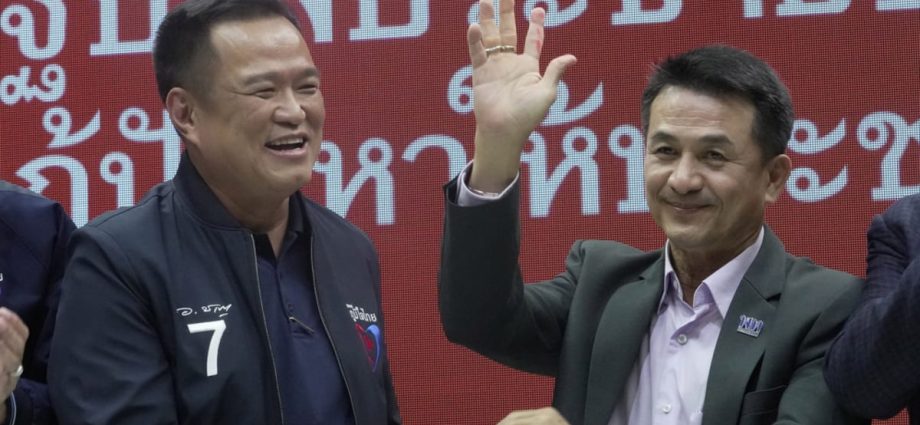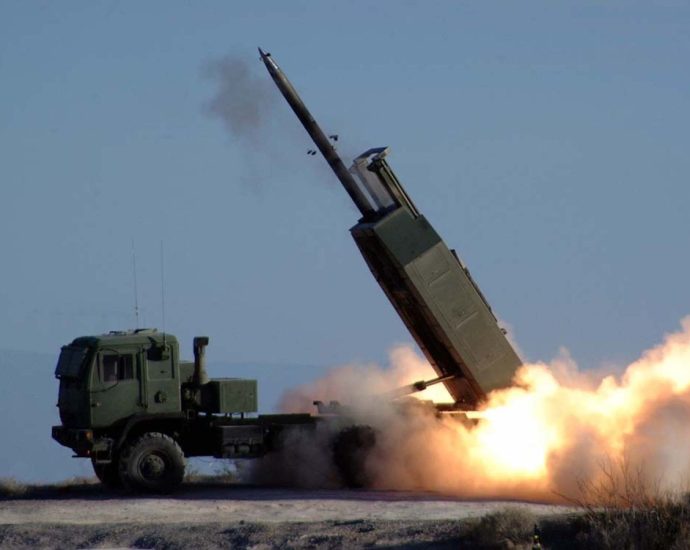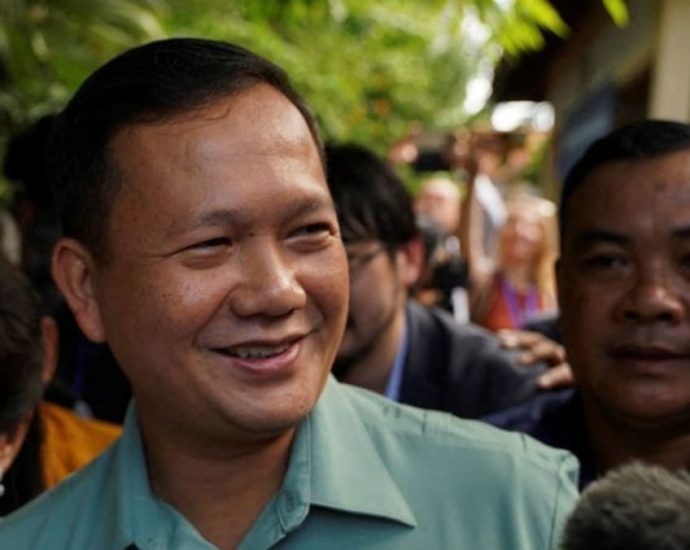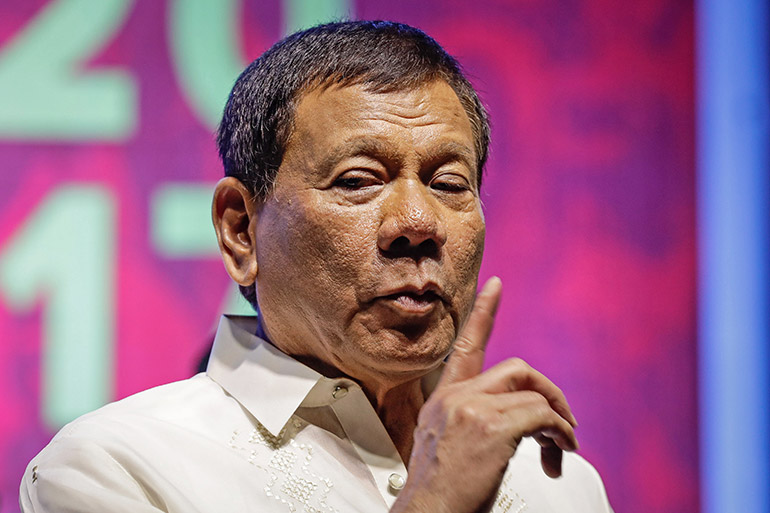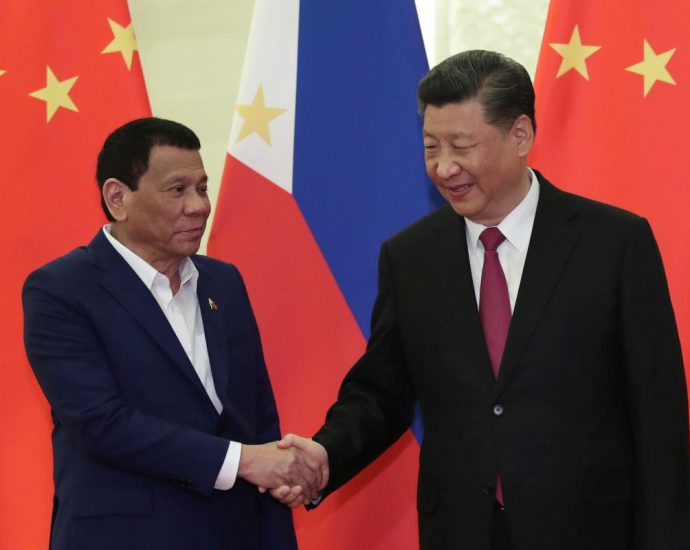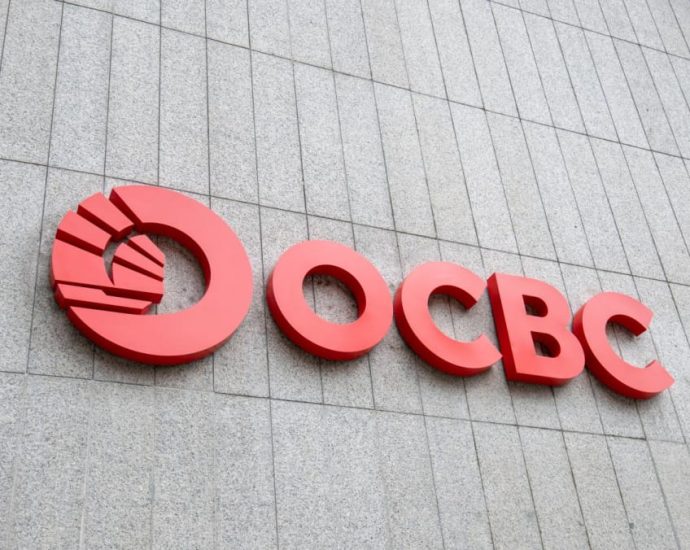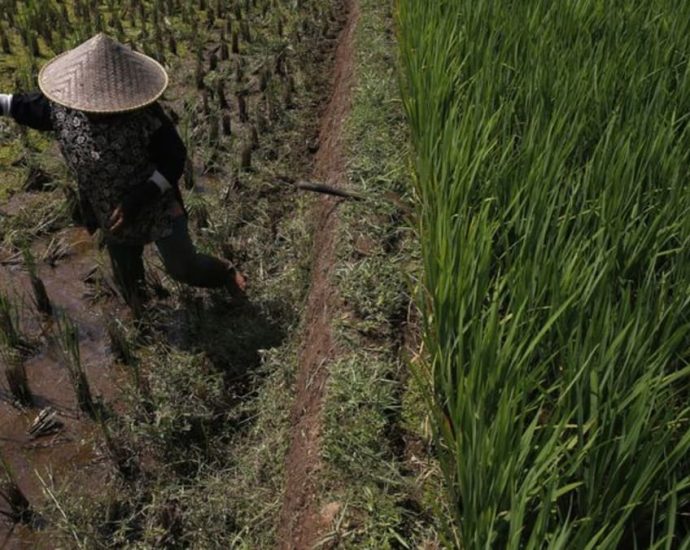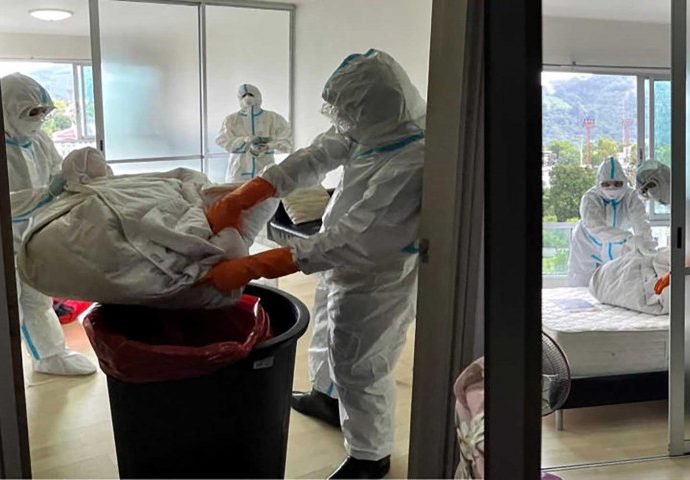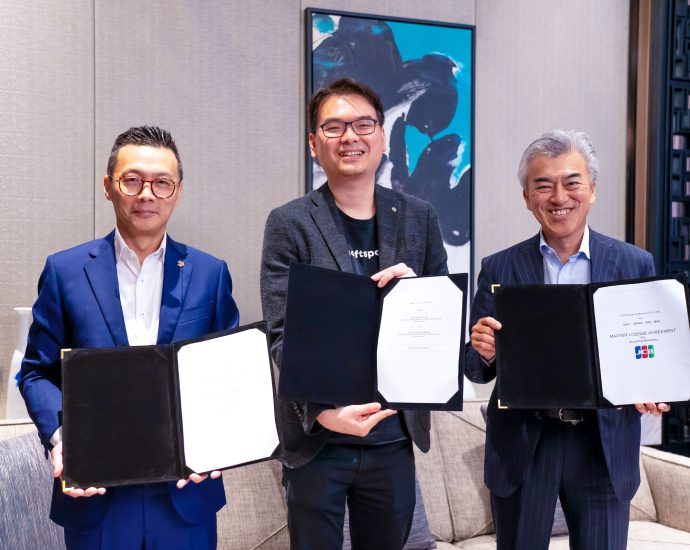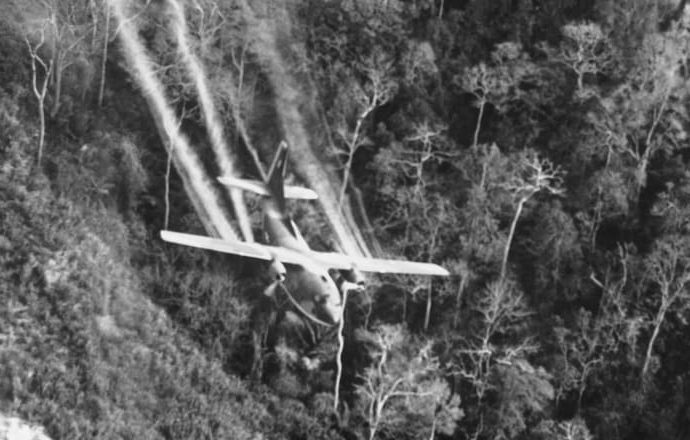Thailand’s Pheu Thai party finds new partners to try to form government
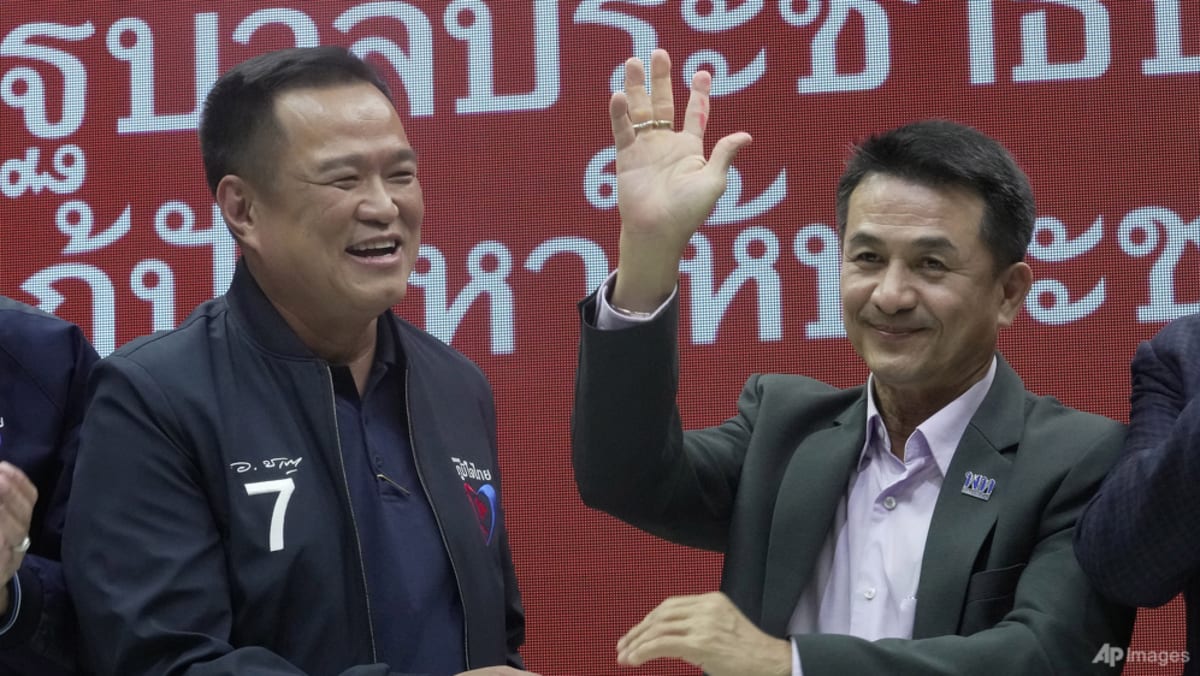
BANGKOK: Thailand’s populist Pheu Thai party announced on Monday (Aug 7) it was forming an alliance with the Bhumjaithai party and was open to other parties joining in to form a government nearly three months after elections.
Pheu Thai, led by the billionaire Shinawatra family, won the second-largest share of votes in the May election and last week stepped up to try and form a government after winner Move Forward’s attempts were blocked twice in parliament.
Pheu Thai came second in the May 14 general election with 141 House seats, followed by Bhumjaithai with 71.
“Pheu Thai and Bhumjaithai party will form the government with the support of other parties,” said Pheu Thai leader Cholnan Srikaew, adding that real estate mogul Srettha Thavisin remained the party’s candidate for prime minister.
“We would like to thank Bhumjaithai for accepting the invitation so that we can step over this political deadlock,” he told a news conference.
Southeast Asia’s second-largest economy has been beset by political uncertainty since opposition parties rode a wave of anti-establishment support to crush the incumbent military-backed rulers at the polls in May.
Move Forward, a progressive outfit that had campaigned on reforming the country’s controversial lese majeste laws, failed twice to find enough support in the royalist-dominated Senate to get party leader Pita Limjaroenrat voted in as prime minister.
The party has since then been sidelined, prompting some Thais to take to the streets and call for politicians to respect the will of the people.

